How I’m Looking at My Past to Improve My Future
I didn’t make any New Year’s resolutions for 2017.
Honestly, I wasn’t really planning to say anything at all about 2016.1 Then Nate wrote a retrospective, and I decided that was a good idea.
If you can’t say something nice and all.
A good idea that I intend to steal outright in this post.2
“Wait,” you might be thinking, “isn’t it almost February? Aren’t you a little late to the 2017 party?”
Indeed I am, dear reader. Indeed I am. I’ll talk more about this later in the post.
Why a Retrospective? (Also, What Is a Retrospective?)
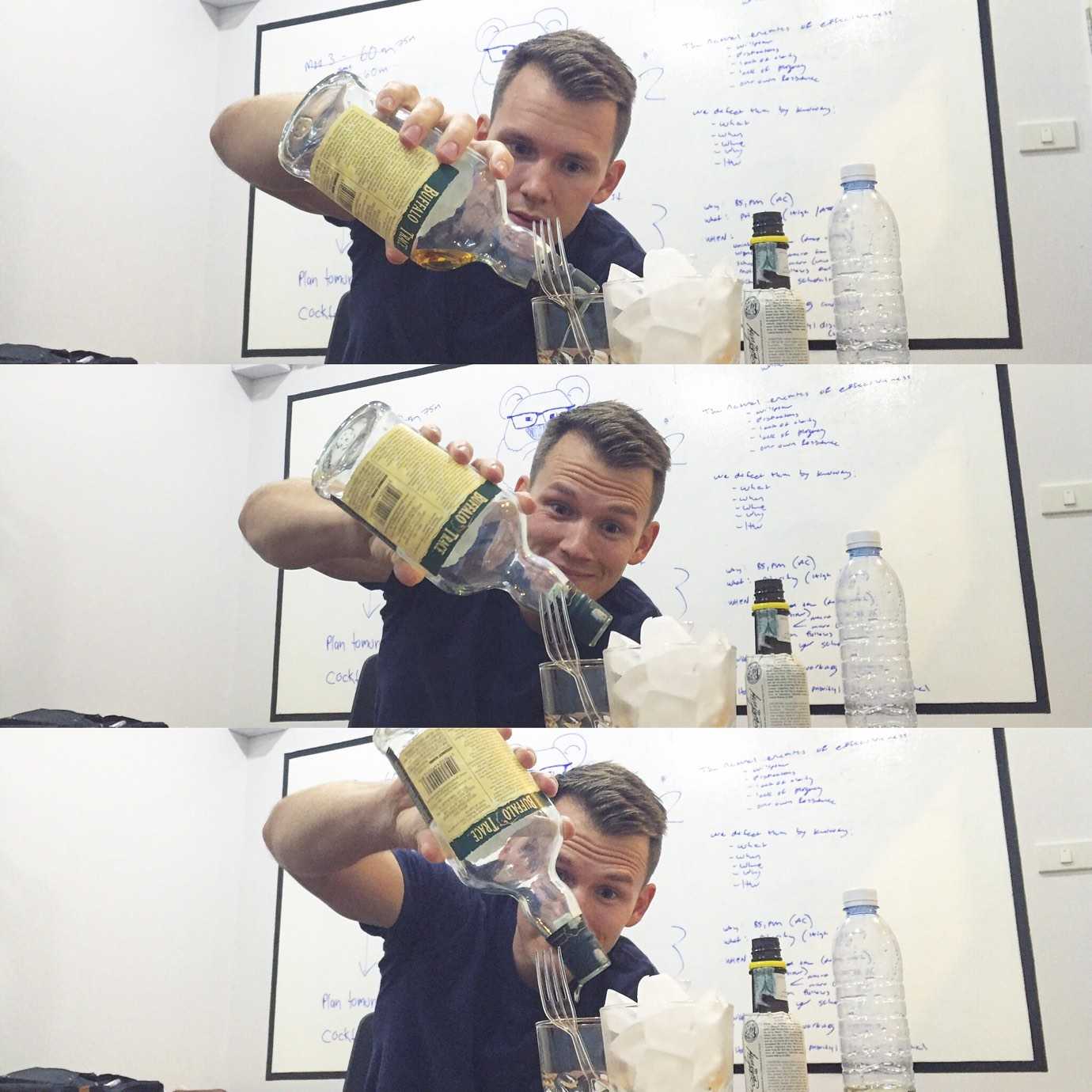
One of the more valuable strategies I picked up from my time as a contractor for Precision Nutrition is the idea of holding a retrospective3 after each project (or phase of a project).
I first heard the concept described as a post-mortem, which tickled the dormant emo kid lurking in my subconscious. I pictured black veils and sullen silences set to AFI’s Sing the Sorrow.
A project retrospective follows a simple-but-effective format that aims to answer three questions about the given project:
- What went well?
- What could have gone better?
- What will we change to improve our next attempt?
As a business strategy, this is huge. It frames things positively and calls out the good parts in addition to the bad. It gives the team a platform to share negative feedback in a structured, expected way. And — this is the most important part — it creates a plan for getting better.
Wait. Is this a post about business?
No.4 I’m trying to provide context. Calm down, Sparky – I’m getting to my point.
But it could be. I’ve got a discussion about building great teams that will evolve into a post soon(-ish). I’d love to get your input — I am a TEAM PLAYER after all. Ha! Eh? Anyone?
How does this apply to our personal lives?
Nate said this well, so I’m just copy-pasting his words here:
If we don’t learn from our past, we we won’t be able to identify our biggest opportunities to make life better. Which means we’ll likely suffer through the same situations and thought-patterns again and again.
Nate Green, My 2016 Personal Retrospective (And 2017 Action Plan)
People say things like “learn from your past” all the time. But this is one of those vaguely idea-shaped truisms: it’s cute and inspirational and all, but it isn’t really useful without a plan.
A retrospective creates a plan for learning from the past.
My 2016 Retrospective
Overall, 2016 was a great year for me. My personal and professional lives grew in ways I’m proud of, I made choices I’m happy to defend, and I can’t think of anything I regret.
However, everything I just said is fluffy, and not particularly useful. So let’s dig into specifics and see if I can come up with a plan to make 2017 a great year — even if that plan ends up being, “Just keep doing what you’re doing.”
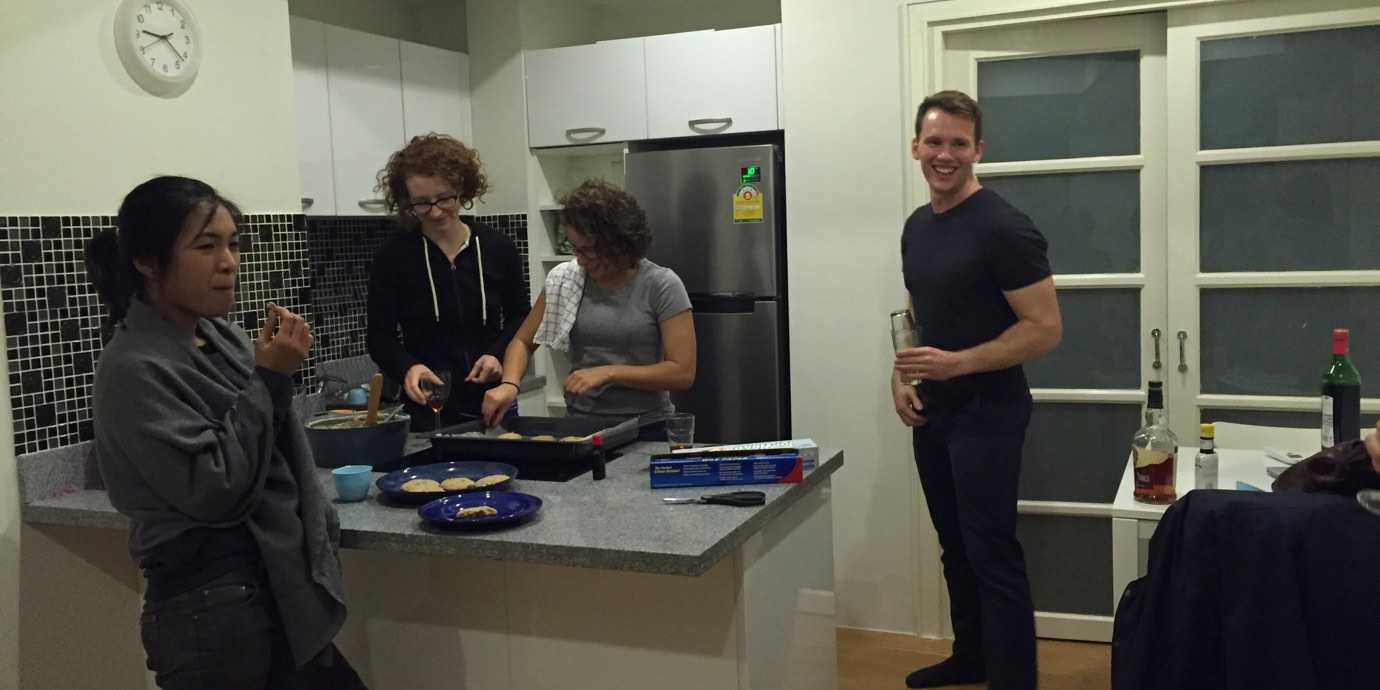
What went well in 2016?
I had a lot of things to be happy about in 2016:
- Marisa and I continued our traveling adventures for the second year.
- Nate and I released an online workshop/course for gaining better focus and productivity. We also recorded a half-dozen episodes of 2FTAT.
- I launched a code blog to share (far geekier) content about building better software.
- With help from great people like Mackenzie Child, I learned a bit about making videos and launched a YouTube channel for nerds.
- I started cooking again after years of almost exclusively eating out (or buying pre-made meals).
- With help from the incredible people on my newsletter list, I went on dozens of Small Adventures.5
- I was more consistent in the gym than I’ve ever been in my life.
If you’re not on my newsletter list, I ran a series of emails where I talked about Small Adventures: quick, inexpensive things we can all do to switch things up and add a little adventure back into our lives. (Also, consider getting on my newsletter list so you don’t miss fun stuff like this. You’ll get a free guide with three tips for being happier, too.)
If you are on my newsletter list, I’m still working on something cool that combines my ideas with the dozens of incredible ideas you sent me — stay tuned.
What could have gone better in 2016?
Even though I don’t have regrets about last year, I do see some room for improvement. So let’s run through a quick list of my shortcomings, shall we?
I did a bad job of keeping up with friends.
If something’s not at the front of my mind, I tend to forget about it entirely. And while this is great for productivity, it’s terrible for keeping up with people I don’t get to see very often.
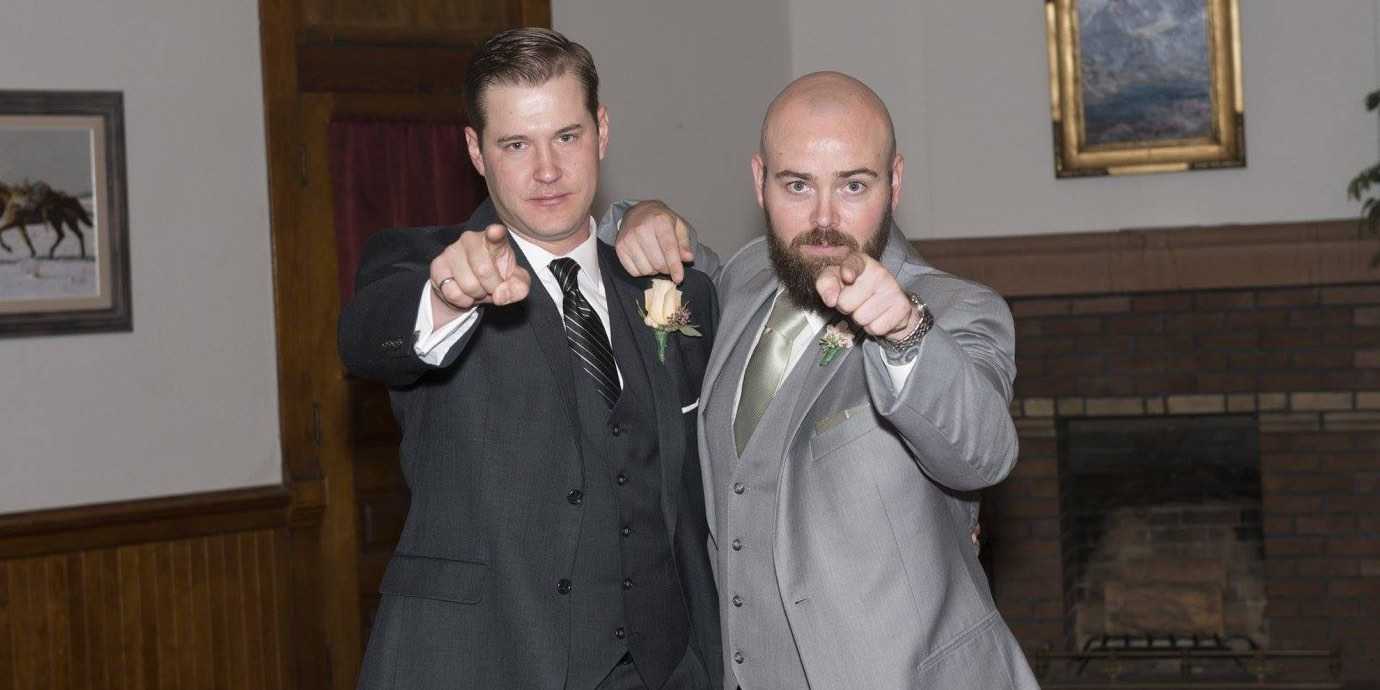
Left unattended, I can go months without calling my parents. Years without talking to people I consider close friends.
And while part of that results from a (typically mutual) disinterest in forcing a catch-up call “just because”, a good deal of the blame falls on me for straight-up never thinking about things that aren’t in front of my face — whether it’s a project I forgot I was working on, or a person I really like but haven’t thought about in a while.
Whether or not anyone but me has noticed, I don’t like this.
I wasn’t proactive about public speaking.
In the years before I started traveling, I was constantly speaking at conferences. For a couple years I was averaging a talk every month or so.
After leaving, though, that number plummeted: I gave maybe three talks in 2015, and only one or two in 2016.
How to make it (from anywhere) by @jlengstorf in @PHPSevilla #PHPSevilla @workINcompany pic.twitter.com/9r1r2Nr9Xk
— Juan Luis Garcia (@JuanluGarciaB) June 22, 2016
That bums me out, because I enjoy challenging myself to learn something well enough to teach it. And I really enjoy watching the light come on in someone’s eyes when they comprehend a new idea for the first time.
There were events everywhere, so I could have made it work. I just… didn’t.
I fell out of my writing habit.
In 2015 I wrote a whole post about creating a writing routine. The short version is that I was keeping myself consistent with writing by doing it first thing in the morning, before the gym. Part of that included leaving my phone away from the bed to avoid the temptation to waste time on social media or games.
Sometime last year, I broke this routine. The phone has been showing up in bed in the mornings, and my 90 minutes or writing time has degraded to 45 minutes of wasted phone time.
As a result, my publishing frequency has gone way down. And since I’m not writing every day, a lot of posts die as drafts because I either argue myself out of the point I was trying to make6 or lose the thread of the post and end up scrapping it.
I like to play Devil’s Advocate with everyone. Including myself. This means that, given sufficient time, I will successfully overthink any point I’m trying to make until I’ve taken the opposite stance.
This is bullshit, and I know it.
What will I work to improve in 2017?
After going through the process of complaining about 2016, there’s a critical step left to make this productive: I need to make a plan to keep the good things good, and improve on the things I wasn’t so happy with.
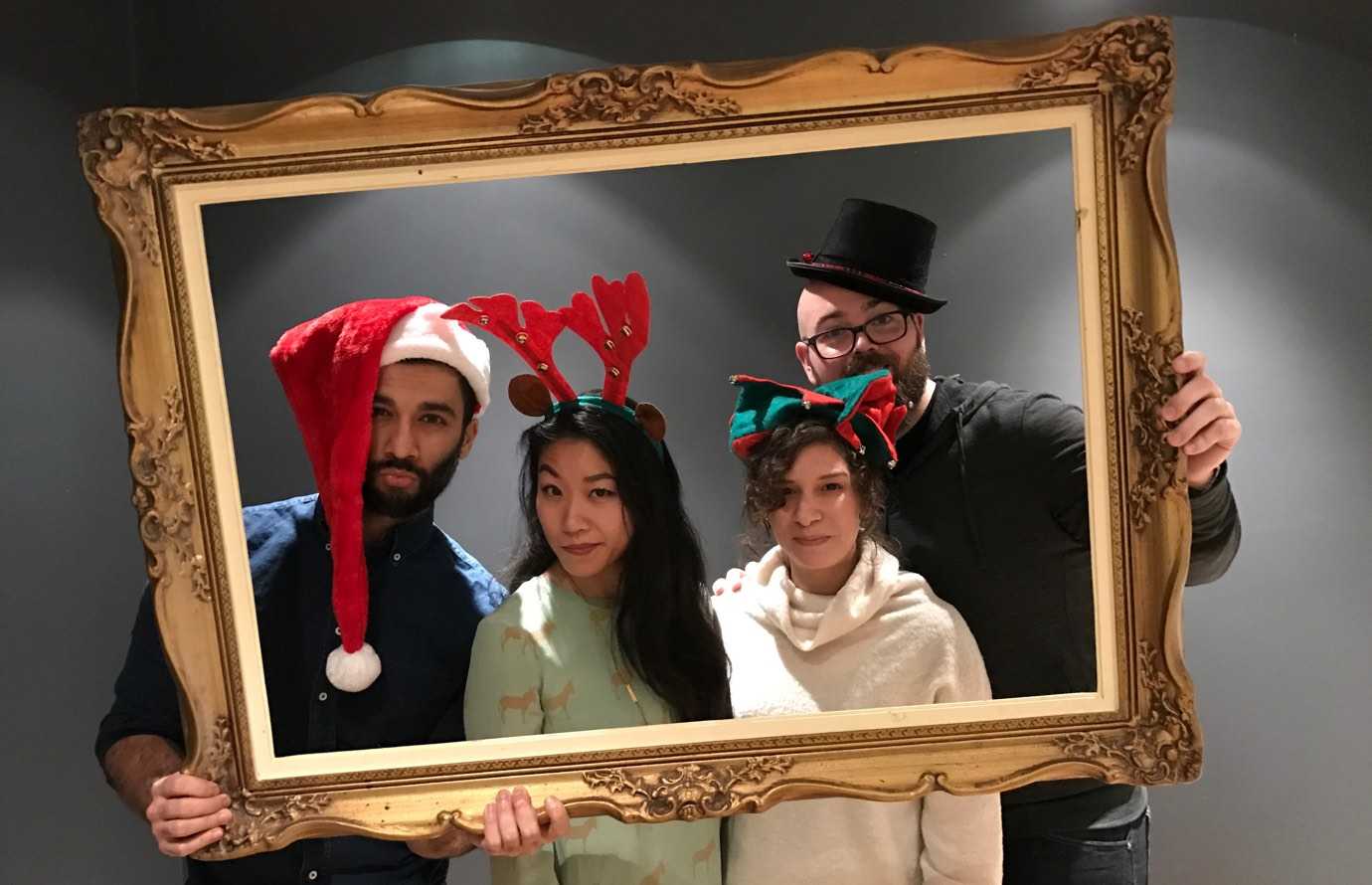
I will dedicate time to keeping up with the people I care about.
Last month I was in Toronto, where I watched Sol Orwell network like a fucking magician.7 He showed me his spreadsheet for organizing an upcoming charity event, and I realized how much effort goes into keeping up a strong network.
I hung out with Sol three times while we were in Toronto. On two of those occasions, he had received a shipment of cookies from a stranger (or at least someone he only knew from the internet) — all because he does a really good job of talking to people, learning what they’re about, and connecting them with other people.
I should know this already; I used to watch Nate go way out of his way to send a small-but-thoughtful gift to someone he’d just met, or dedicate his time to bringing together a few people for lunch who stood to benefit from knowing each other.
Both Sol and Nate have built incredible networks. Nate’s entire livelihood is built on the back of his outstanding networking skills.8
And, if we’re being totally honest here, a pretty decent portion of my livelihood has roots in Nate being roughly 1,000,000x better at networking than I am.
So in 2017, I’m actually going to schedule time for keeping up with people. And not just for professional networking; I’m going to make sure I’ve set aside time to call my mom, or send a card to my grandparents, or follow up with my friend who just got a new job.
I don’t need to be a networking genius like Nate or Sol, but I definitely need to stop being an out-of-sight-out-of-mind jerk like I have been.
I will submit proposals so I’m speaking at one conference per quarter minimum.
It’s important to me on both a professional and personal level to continue speaking.
Professionally, speaking gigs help me increase my value to the companies that want to work with me, and it establishes me as an expert on a variety of subjects. This gives me more freedom to negotiate on rates and specifics — such as working remotely.
Personally, it feels really good to know that someone is going to have a better career — and hopefully, a better life — because of something I helped them understand. I may not be changing to world, but for a small handful of people, I have the chance to spark an idea or offer a little insight that can help them get where they want to go.
It’s why I write, and it’s why I speak. Or at least, it’s why I want to speak.
Most conferences open up a request for proposals, where people can submit talk ideas.9 I need to be more proactive about looking for these and submitting ideas if I want to continue speaking regularly.
If you’re interested in getting into speaking, Lanyrd has a round-up of open calls for proposals, and PaperCall is a tool used by conferences looking for speakers. You can also check out We Are All Awesome for resources to help you build confidence and get your proposals accepted.
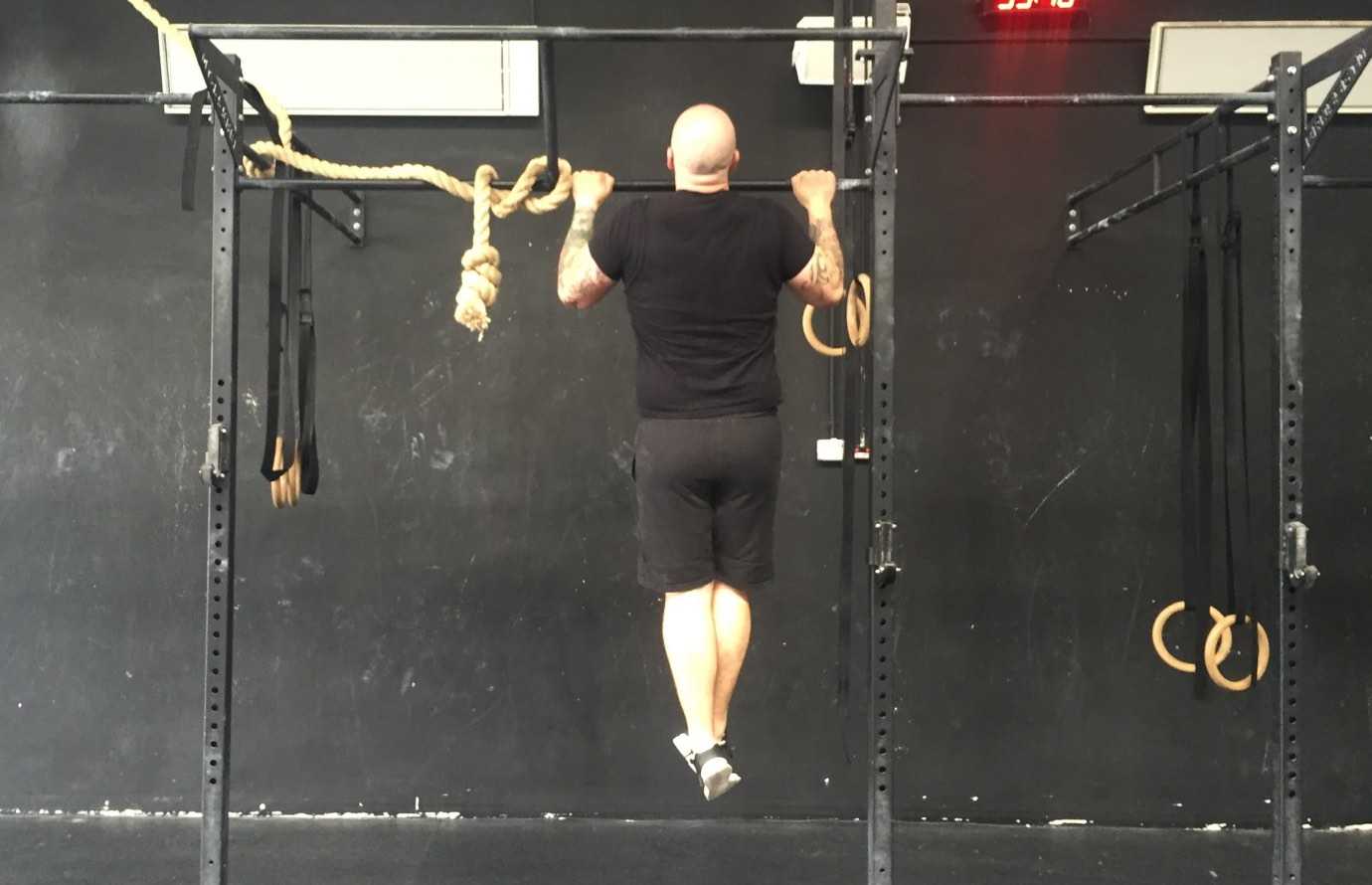
I will stay consistent in the gym, even though things are going to be a little different now.
For the last two years I’ve been really consistent in the gym. At least twice and usually three times a week, Marisa and I have been in the gym. We worked with great coaches to build a remote program, including remote programs from Chris Bathke, Precision Nutrition and Craig Weller. I’m in better shape now than I’ve probably ever been in before — I can do pull-ups now.10
This is a new development for me. I was always the kid in gym class who just hung on the bar and looked hurt that I was expected to do anything.
However, we had an advantage: we were halfway around the world, so if we felt like sleeping in and working out at 10:30 am, that was okay.
Now we’re in Austin, working regular business hours. We have to be at the gym by six most mornings or we won’t have time to work out.
This is where I’ve struggled in the past: when things get busy, my health slips first.
So I’m not going to do that. This year, I’m going to make sure I continue with my good habit of hitting the gym three or more times a week.11
A month in, this has worked out well. Early mornings suck, but I’ve found I tend to sleep better, have more energy, and just generally feel less like a damp sack of shit when I make it to the gym early.
I will make time to continue working on videos and tutorials for my code blog.
Writing a blog post like this one is therapeutic; I have a thought, wrestle with it, and flesh it out in a few words.12 The process is simple: write until something that makes sense is on the page.
Ha. I say “few words” as if I’ve ever written anything shorter than 2,000 words.
Code posts, by contrast, are fucking difficult. There’s research, testing, demo applications, and rounds of feedback — and then you write the post. And after that, you record the video, edit it, and post it on YouTube.
A blog post for this site might take me two hours if I’m fucking around, or having a hard time articulating myself; a code post will easily take days.
So I can’t just sit down and throw one together. I need to make find
time to work on these if I plan to release more
than two or three a year.
And that’s exactly what I plan to do: I want to spend a few hours every week working on a code tutorial.13
Fellow nerds: I’m looking for ideas, so open issues for topics that interest you.
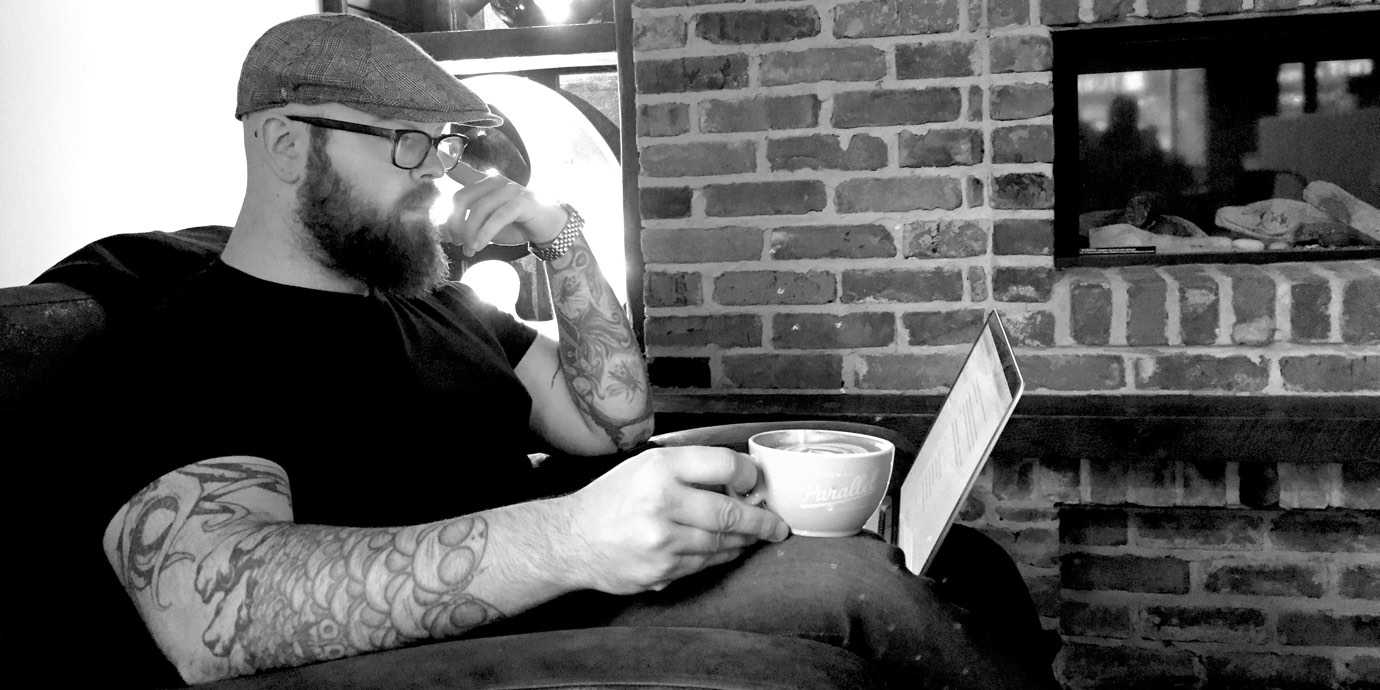
I will replace my morning phone habit with writing (again).
I don’t really remember how this happened — I was kicking ass with waking up phoneless and writing and then… I don’t know. We moved somewhere that changed my schedule? I was hungover one day?
Whatever it was, I fucked up and started bringing my phone into the bed after I woke up. So my Boom Beach ranking went up, but my writing output tanked.
(For example, I started this post on January 4. Three weeks later and I’m just now getting back to it. Like a slacker.)
I didn’t notice at first. That’s how bad habits tend to work: we don’t notice the slide; we just wake up one day and realize, Holy shit, I’ve made a huge mistake.
But noticing the problem is the first step toward fixing it. So as long as I take this as an opportunity to get a little better,14 I can feel confident that I’m making progress.
Even if I’m getting a little better again.
To that end, I’m going to leave my phone outside the bedroom at all times, and put my computer next to my coffee stuff. If I Make the Right Thing the Easy Thing™, I’ll have a much better chance of succeeding.
Making it real: how I’ll turn these thoughts into action steps.
Based on the ideas I’ve just listed, I need to make a list of todo items that I can follow every day. I’ll call it Jason’s List of Habits for 2017:
- I will schedule two hours every week to connect with friends, family, and my professional network.
- I will submit at least one talk idea for every conference that fits my calendar.
- I will stay consistent with my existing gym routine of 3–4 mornings per week.
- I will schedule 2–3 hours each week to make progress on writing and/or recording a code tutorial.
- I will resume my habit of writing for 30 minutes minimum before looking at my phone in the morning.
Your Turn: Do a 2016 (+ January) Retrospective
Even if you’ve already made your New Year’s resolutions,15 take 15 minutes to do your own retrospective. Remember: you’re asking and answering three questions about the last year of your life.
And even if you’ve already broken those resolutions.
- What went well?
- What could have gone better?
- What will I work to improve in 2017?
Share one or two of your answers in the comments. Here’s to continuous improvement — and our best year yet!
What to do next.
As adults, we’re supposed to build careers, build relationships, build futures, build happiness… It’s all pretty overwhelming. It’s easy to feel stuck — like we’re on autopilot, punching a clock, and buried in tasks we don’t really care about.
Wouldn’t it be nice to get some balance back? To have extra time every day to dedicate to the things that actually matter to you?
I want to help: I’ve compiled 5 Habits of the Unfuckwithably Productive, and I want to give it to you for free. These are time-tested habits that helped me break the cycle of overwork and exhaustion; this is how I spend less than 40 hours a week on the computer — while making a living and traveling the world.